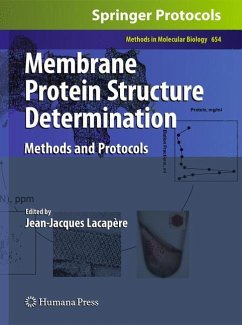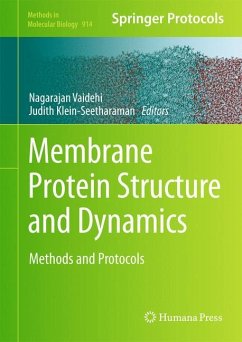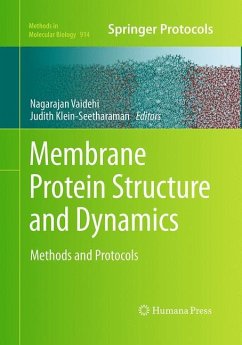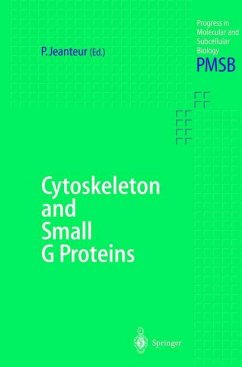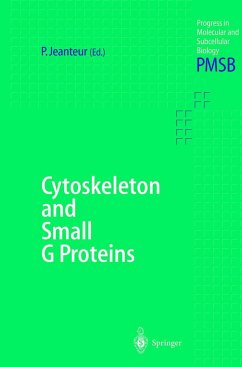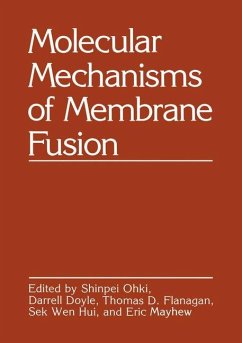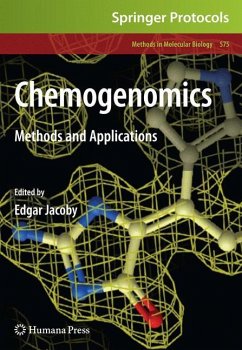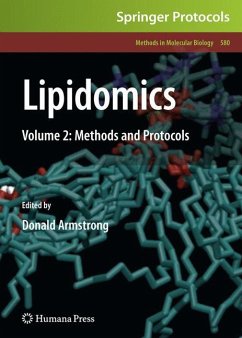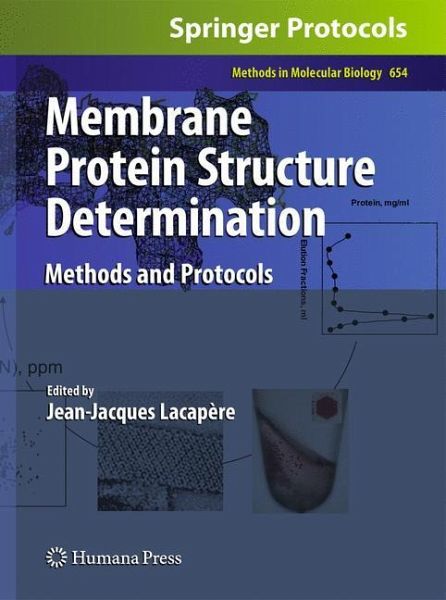
Membrane Protein Structure Determination
Methods and Protocols
Herausgegeben: Lacapère, Jean-Jacques
Versandkostenfrei!
Versandfertig in 6-10 Tagen
77,99 €
inkl. MwSt.

PAYBACK Punkte
39 °P sammeln!
Membrane proteins, representing nearly 40% of all proteins, are key components of cells involved in many cellular processes, yet only a small number of their structures have been determined. Membrane Protein Structure Determination: Methods and Protocols presents many detailed techniques for membrane protein structure determination used today by bringing together contributions from top experts in the field. Divided into five convenient sections, the book covers various strategies to purify membrane proteins, approaches to get three dimensional crystals and solve the structure by x-ray diffraction, possibilities to gain structural information for a membrane protein using electron microscopy observations, recent advances in nuclear magnetic resonance (NMR), and molecular modelling strategies that can be used either to get membrane protein structures or to move from atomic structure to a dynamic understanding of a molecular functioning mechanism. Written in the highly successful Methods in Molecular Biology(TM) series format, chapters include introductions to their respective topics, lists of the necessary materials and reagents, step-by-step, readily reproducible laboratory protocols, and tips on troubleshooting and avoiding known pitfalls.
Comprehensive and easy to use, Membrane Protein Structure Determination: Methods and Protocols serves as an ideal reference for scientists seeking to further our knowledge of these vital and versatile proteins as well as our overall understanding of the complicated world of cell biology.
Comprehensive and easy to use, Membrane Protein Structure Determination: Methods and Protocols serves as an ideal reference for scientists seeking to further our knowledge of these vital and versatile proteins as well as our overall understanding of the complicated world of cell biology.



